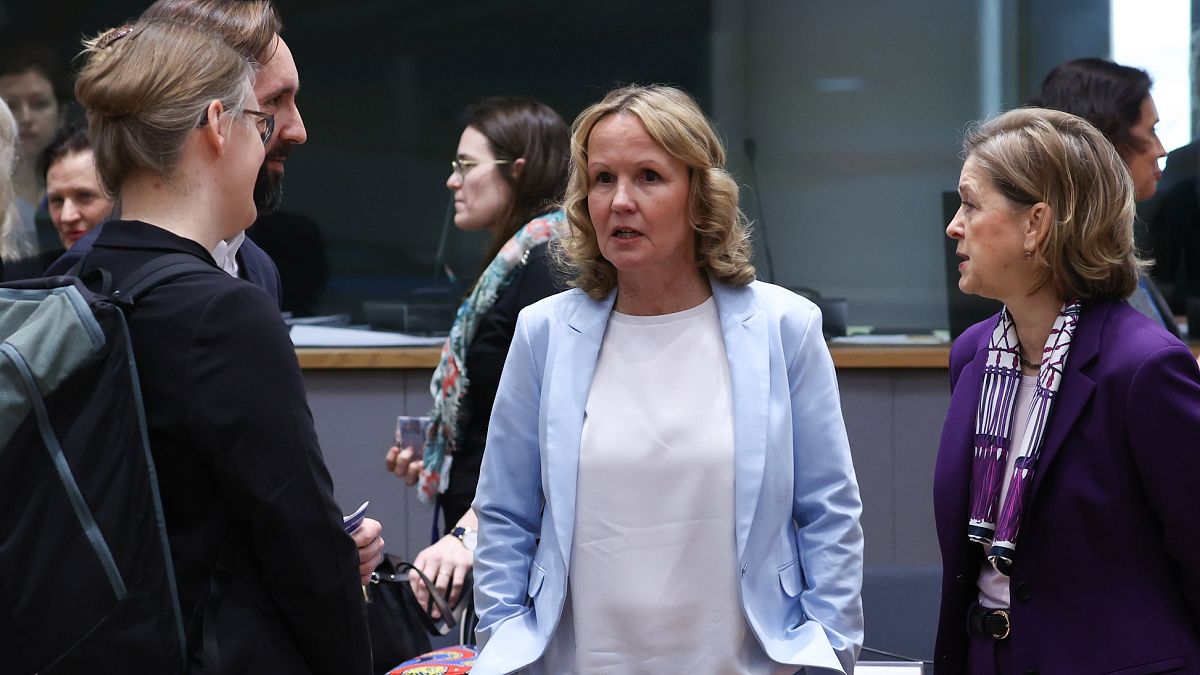With environmentally destructive activities such as illegal logging and waste disposal among the largest areas of organised crime worldwide, Berlin is bankrolling a collaboration between civil society and the international police body Interpol.
Germany’s environment ministry has earmarked €5m for a collaboration with the global police cooperation body Interpol and green group WWF that it says will help bolster cross-border law enforcement and protect civil society groups probing environmental crime.
The three-year project, announced on Thursday (17 January) is aimed at identifying criminal activity in the areas of fishing, forestry, mining, pollution and the illegal trade in wildlife.
Federal environment minister Steffi Lemke said such trans-boundary crime “exacerbates the triple planetary crisis of biodiversity loss, climate change and pollution”.
“Criminal organisations are causing massive damage to the natural foundations of our lives,” Lemke said. “For example, they kill and trade in critically endangered species, clear forests that provide key carbon reservoirs and habitats, and poison landscapes with illegally dumped waste, making them uninhabitable.”
Interpol has estimated that environmental crime is the third most profitable area of illegality after the trade in counterfeit goods and drug smuggling. Secretary general of the Lyon-based agency Valdecy Urquiza said logging and waste disposal were “often linked with other illegal activities like smuggling drugs, weapons, and even people”.
Yet the scale of the issue may have been greatly underestimated, said Heike Vesper of WWF Germany. “Destroying the environment and biodiversity for profit is not a trivial offence, but a serious crime with local and global consequences for people and nature,” she said.
The EU adopted last year a new directive on environmental crime, which sets stiff minimum financial penalties for companies complicit in illegal environmental destruction, also notes the common links between criminal gangs, corruption, money laundering and cyber-crime.












